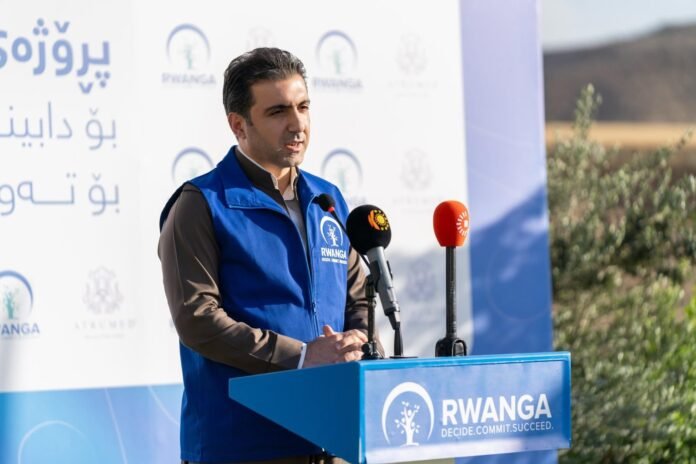Iraq’s first solar-powered village begins operating in the heart of the Kurdistan region. The project, led by the Rwanga Foundation, has transformed the Kulak village in Harir into a beacon of clean energy. The initiative offers round-the-clock electricity, powered entirely by solar energy.
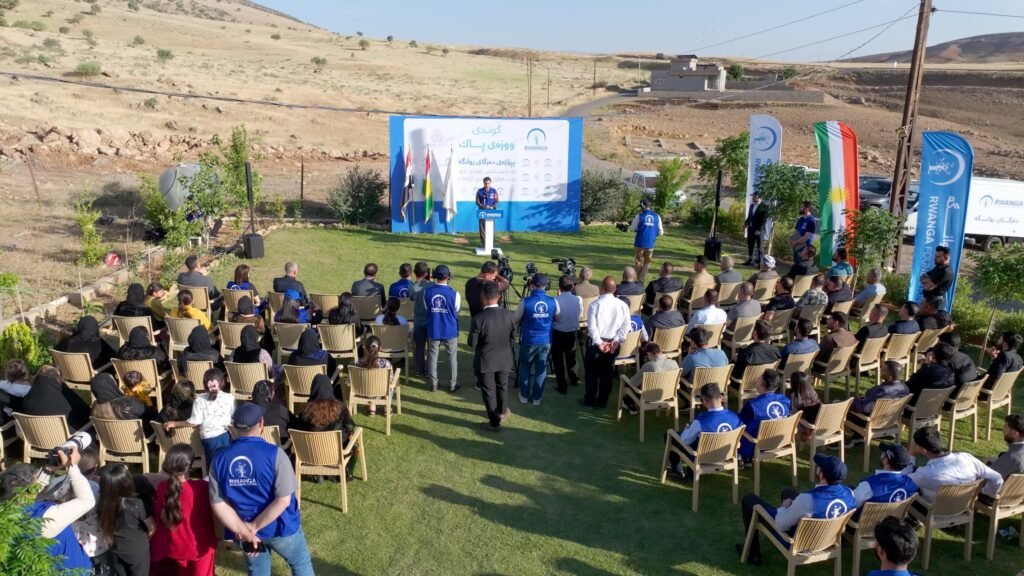
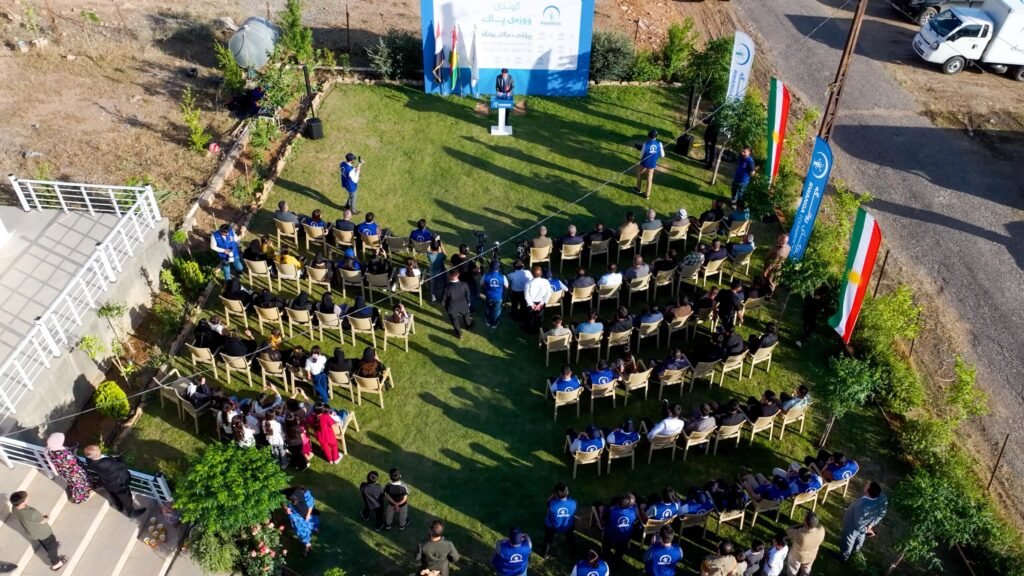
The solar village features 195 panels. These panels supply power to 36 homes, a mosque, a school, and a community hall. In addition, the project includes potential plans for solar-powered irrigation. This could significantly boost agricultural productivity in the area.

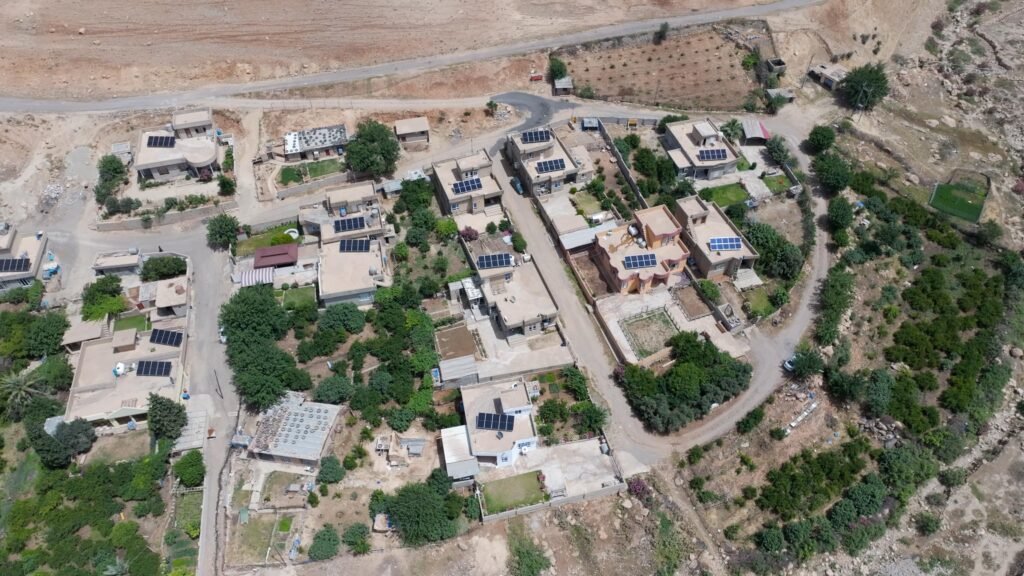
The Rwanga Foundation aims to introduce training programs in regenerative agriculture. These hands-on programs will help villagers learn sustainable farming practices. Such education is crucial for long-term environmental and economic benefits.

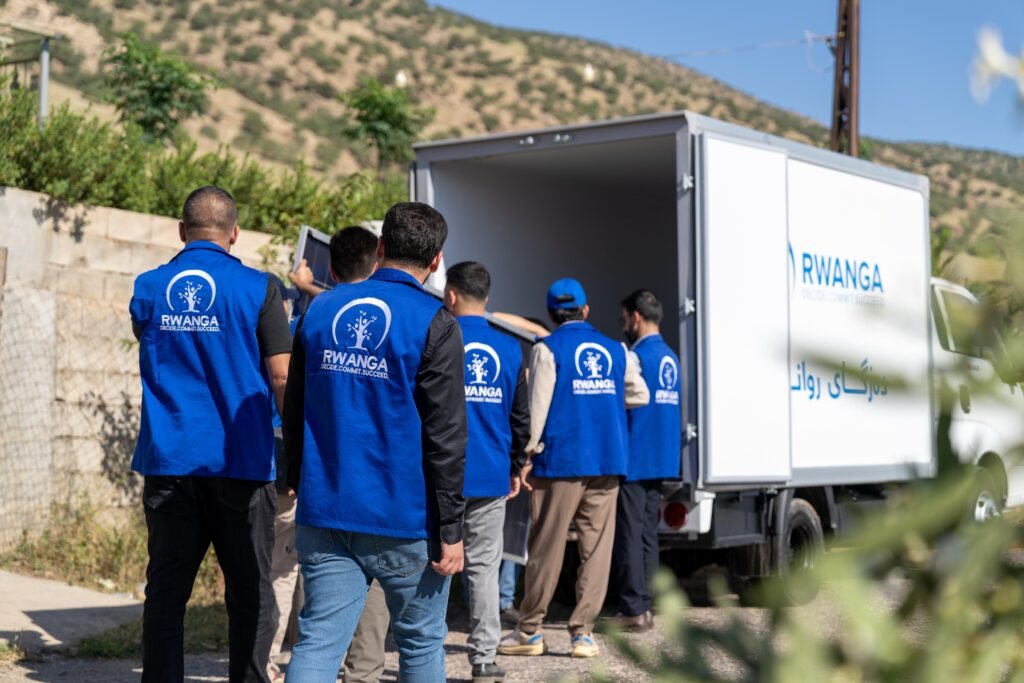
This effort comes as Iraq faces severe environmental challenges. These include extreme heat, rapid desertification, and shrinking water supplies. These issues have grown worse in recent years, increasing the urgency for sustainable solutions.
Iraq’s first solar-powered village begins operating at a time when global concern about climate change is rising. According to international assessments, Iraq ranks among the top five most vulnerable countries to climate change. Projects like this village offer a way forward.
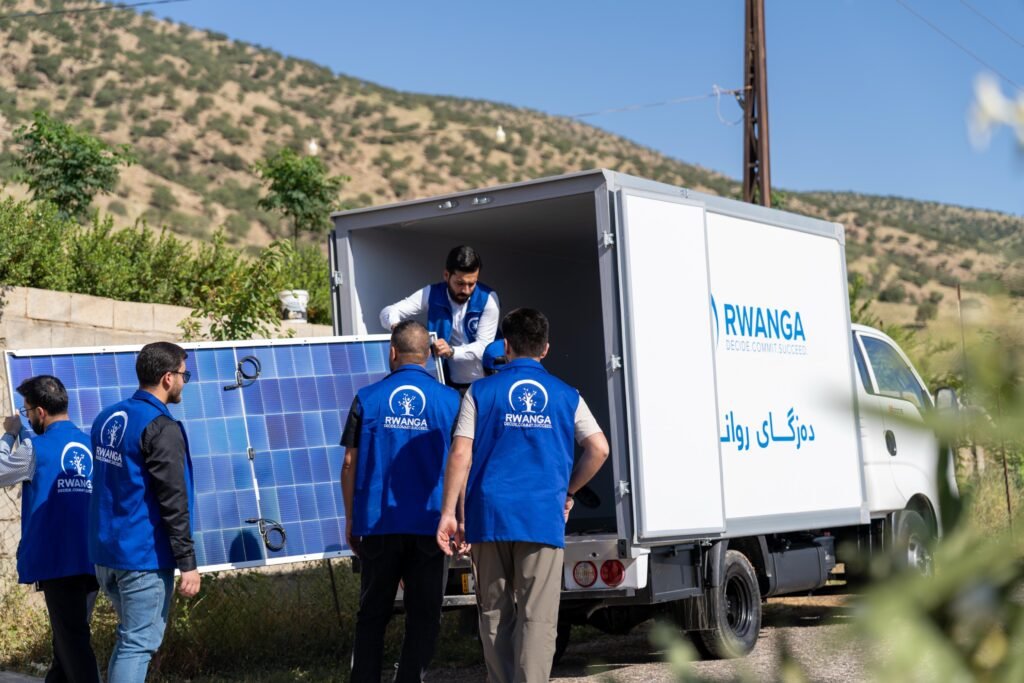

Rwanga’s leadership emphasizes the need for local empowerment. According to its founder, sustainable development must be rooted in resilience and dignity. The foundation believes this village can become a model for similar projects throughout the country.
Plans are underway to replicate the Kulak model in other rural regions. Rwanga hopes to partner with both local authorities and global organizations. This could speed up the adoption of clean energy solutions across Iraq.
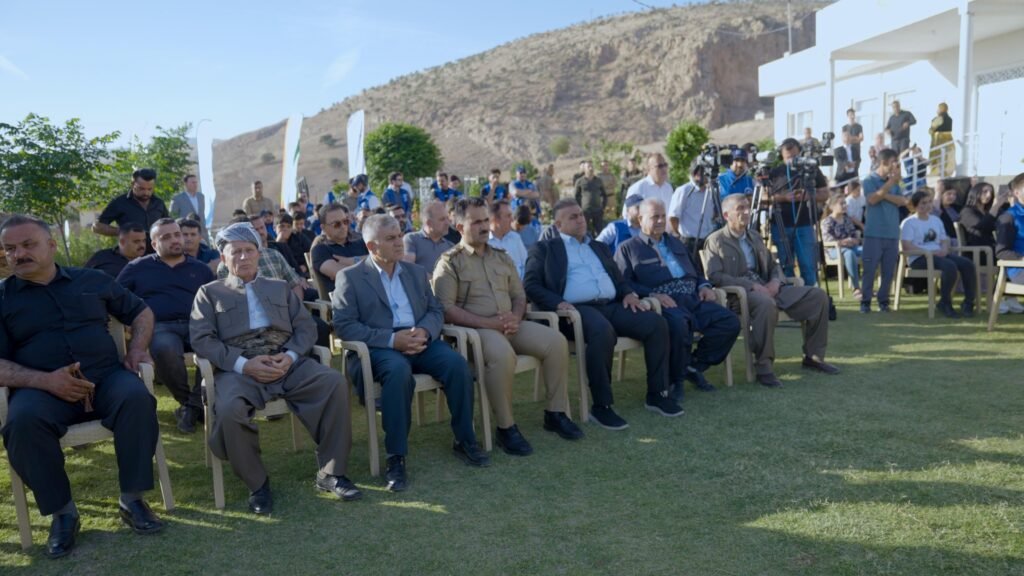
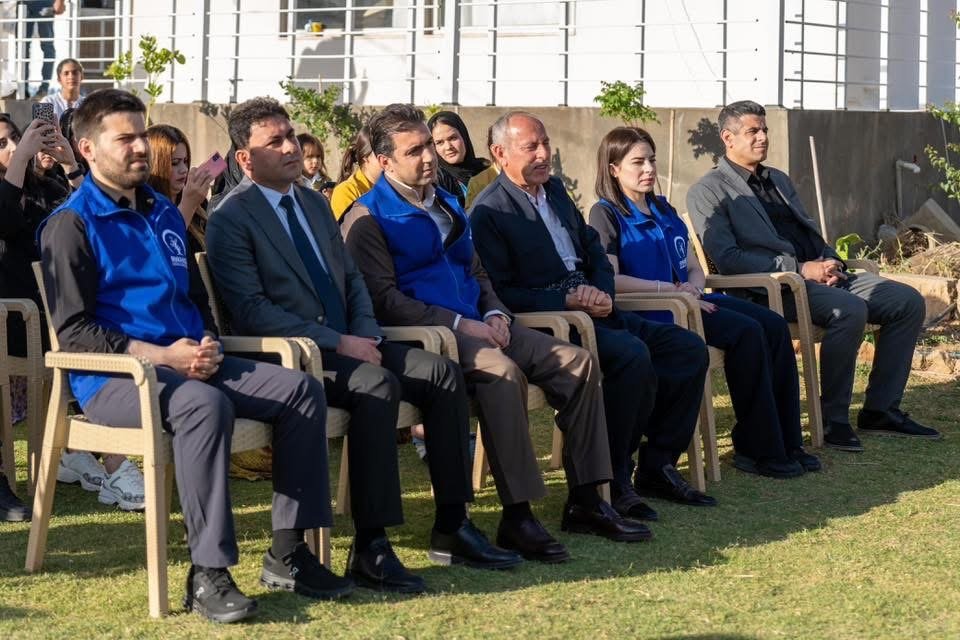
Iraq’s first solar-powered village begins operating not as an isolated success, but as part of a larger vision. Rwanga’s broader efforts include environmental restoration and youth empowerment. Over the past five years, the foundation has planted more than 200,000 trees and invested in community development.
This solar village is more than an energy project. It represents a future where sustainability is the norm. It also signals a shift toward cleaner, smarter, and more inclusive growth for Iraq.

